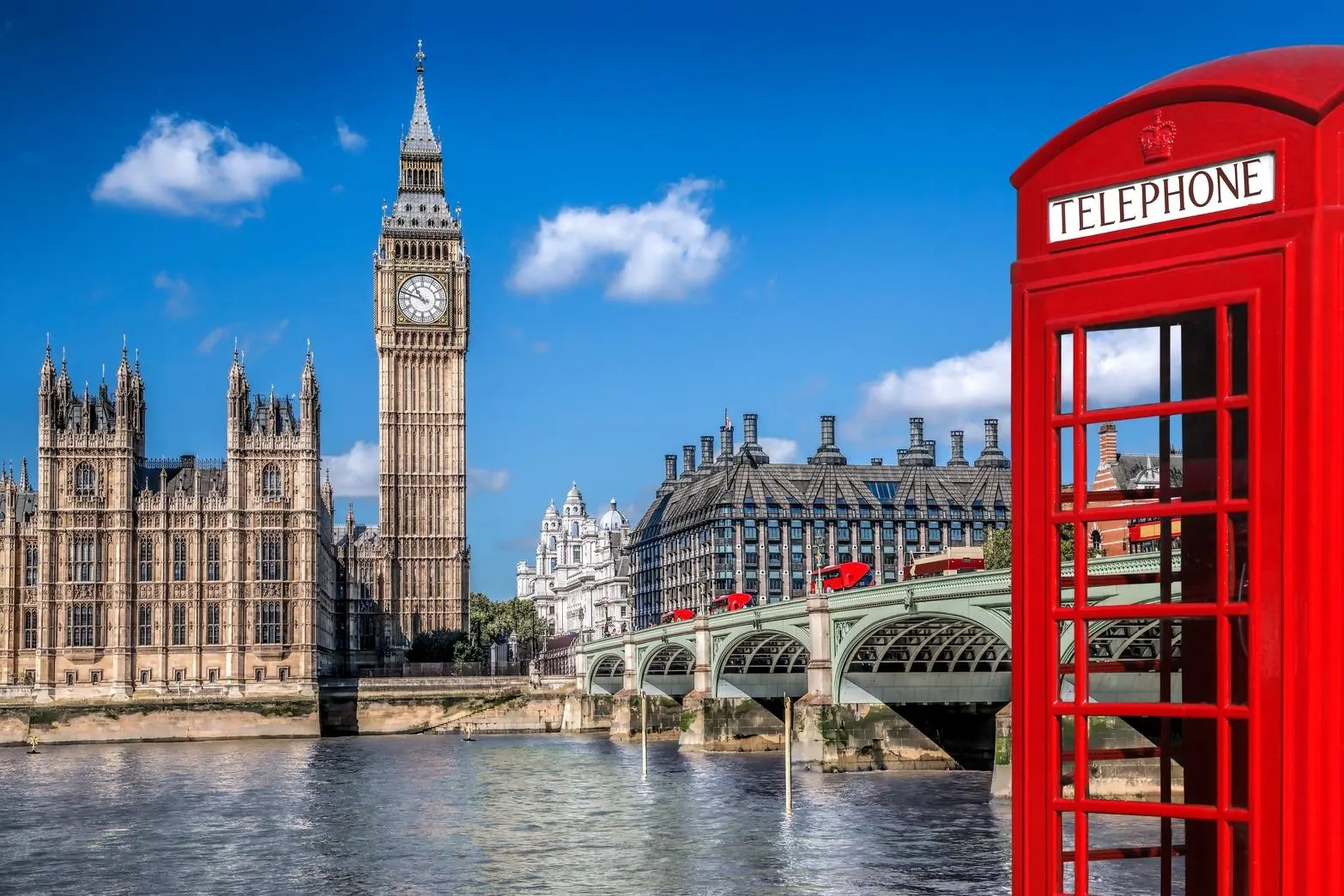When Does It Get Light in 2025 and Why Do Clocks Change in the UK?
As the UK inches toward spring each year, many people start to notice the mornings becoming brighter and the evenings stretching further. With this natural transition comes a cultural and legal traditionthe changing of the clocks. In 2025, this change is as timely as ever, marking the shift into British Summer Time (BST) and raising questions about why we still alter our clocks twice a year.
What Is British Summer Time and When Does It Begin in 2025?
British Summer Time (BST) begins in 2025 on Sunday, March 30. At 1am, clocks will spring forward to 2am, effectively “losing” an hour of sleep. This biannual tradition continues to be a hallmark of seasonal change in the UK, even as the rest of Europe moves away from mandatory daylight saving.
This shift may feel disorienting, especially for those who track time on digital devices and witness the jump in real-time. For analog clock users, it’s time to wind the hands forward manually. Though a small gesture, it signifies a big seasonal change: longer days, shorter nights, and the onset of spring.
When Do Clocks Go Back in 2025?
Later in the year, the clocks will reverse for the start of Greenwich Mean Time (GMT). On Sunday, October 26, 2025, at precisely 1:59am, the clocks will go back to 1am. This means an extra hour in bed and the beginning of darker, chillier mornings as winter approaches.
Why Do the Clocks Change?
The tradition of altering the clocks dates back to the early 20th century and was initially motivated by practical concerns such as maximizing daylight and conserving fuel.
Historical Origins of Daylight Saving Time
Daylight saving time was officially introduced in the UK in 1916 under the Summer Time Act, during the height of the First World War. The idea was to reduce energy consumption by taking advantage of extended daylight during the warmer months. The logic was simple: more daylight during waking hours meant less need for artificial lighting and less coal burned for electricity.
The Role of William Willett
The man largely credited with championing the concept of BST was William Willett, a British builder and advocate for seasonal time changes. Frustrated by the short evenings and limited daylight, he proposed adjusting clocks to make better use of natural sunlight. Tragically, Willett passed away before his vision was realized, but his efforts culminated in the passing of the Summer Time Act.
Interestingly, Willett was the great-great-grandfather of Coldplay frontman Chris Martin, tying an unexpected celebrity connection to the story. While Willett’s push may have been partly inspired by wanting more time for afternoon golf, his campaign left a lasting legacy on UK timekeeping.
What Are the Benefits of Changing the Clocks?
Despite debates about its continued relevance, changing the clocks still has supporters who argue that it offers real-world benefits.
More Daylight for Daily Activities
Longer evenings mean more time for outdoor activities like sports, gardening, and socializing. For families, it provides a chance for children to play outside safely after school.
Energy Conservation
Although modern households use far less coal than they did in 1916, proponents argue that extending daylight hours can still lead to marginal energy savings, especially in lighting and heating costs.
Safety and Crime Reduction
There is evidence to suggest that more daylight in the evening can reduce road accidents and discourage criminal activity. Well-lit public spaces are generally safer, making the transition to BST beneficial for public safety.
Why Are Some People Against It?
While many enjoy the longer days, the biannual time change isn’t without its critics. In fact, the European Parliament voted in 2019 to scrap mandatory daylight saving, allowing each country to choose whether to remain on summer or standard time year-round.
Health Impacts
The most common criticism is that the time change disrupts our circadian rhythms. Losing an hour of sleep can temporarily affect concentration, productivity, and even mental health. For some, particularly shift workers and those with medical conditions, the adjustment period can be particularly taxing.
Agricultural Arguments
Farmers were once key advocates for daylight saving time, but today, modern agricultural practices often negate the need for such shifts. Equipment and operations run independently of sunlight, making the time change less relevant to the industry.
Inconvenience and Confusion
In today’s interconnected world, coordinating time-sensitive tasks across countries with differing time policies can be complex. Tech systems must be updated, and international communication can become more prone to errors.
What Time Does It Get Light in the UK in 2025?
The time of sunrise in the UK varies greatly depending on the time of year and the location within the country. Here’s a general idea of when you can expect daylight to break throughout 2025:
Winter Months (January–February)
- Sunrise: Around 7:45am to 8:15am
- Sunset: Around 4:00pm to 5:00pm
These are the darkest months of the year, with daylight lasting just 8 to 9 hours.
Spring Months (March–May)
- Sunrise: 6:30am to 5:00am by late May
- Sunset: Extending from 6:00pm to 9:00pm
By the time BST kicks in, mornings become noticeably brighter, and evenings are significantly extended.
Summer Months (June–August)
- Sunrise: As early as 4:30am in late June
- Sunset: As late as 9:30pm in some areas
These are the longest days of the year, peaking during the summer solstice in late June.
Autumn Months (September–October)
- Sunrise: Shifting from 6:30am to 7:30am
- Sunset: Dropping from 7:30pm to 5:30pm
As the days shorten, the clock change in October helps extend morning light temporarily.
Winter Returns (November–December)
- Sunrise: Around 7:30am to 8:15am
- Sunset: Around 4:00pm
This time of year often feels especially dark, which is why many people appreciate the festive lights and indoor warmth.
Will the UK Ever Scrap Daylight Saving Time?
Although the European Union voted to eliminate mandatory clock changes, the UK has no current plans to follow suit. The issue occasionally arises in political and social discourse, but there is no concrete legislative move to abandon the tradition.
Arguments for Permanent BST or GMT
Some campaigners argue for permanent BST, which would mean more evening light year-round, especially in the winter. Others support staying on GMT permanently, believing it would benefit sleep and health.
Yet, without a clear national consensus or legislative action, the biannual time changes look set to continue for the foreseeable future.
Tips to Prepare for the Time Change
Whether you’re springing forward or falling back, a few simple strategies can help ease the transition:
Adjust Your Sleep Gradually
Start shifting your bedtime by 10–15 minutes in the days leading up to the clock change to help your body adjust more smoothly.
Use Natural Light
Expose yourself to natural sunlight in the morning and avoid screens before bed. This helps reset your internal body clock.
Avoid Caffeine and Heavy Meals Late in the Day
These can disrupt sleep patterns, making the adjustment period more difficult.
Conclusion: Embracing the Light
The changing of the clocks may come with grumbles about lost sleep, but it’s ultimately a reminder of the seasonal rhythms that shape life in the UK. As we move into 2025, British Summer Time continues to connect the past with the present, from wartime policies to evening barbecues, and even a Coldplay connection thrown in for good measure.
So set your alarms, adjust your watches, and get ready to spring forward into longer, brighter days.
- Natural Lip Filler – Elegant Lip Enhancement & Subtle Lip Augmentation - December 19, 2025
- Lip Augmentation in London – Lip Filler London & Natural Lip Enhancement - December 16, 2025
- Bonnie Blue secretly filming huge C4 show which will reveal ‘what her life’s really like’ after 1,000 men sex stunt - June 5, 2025






